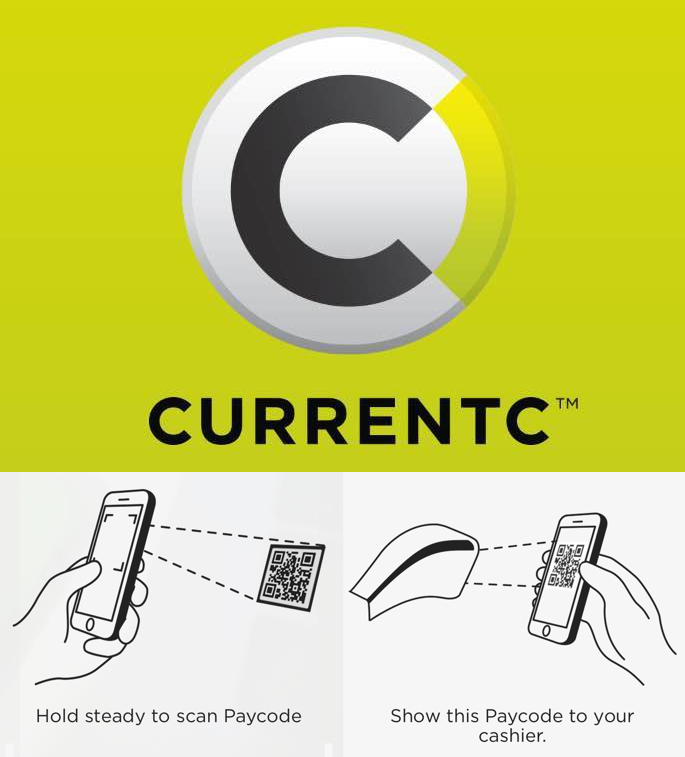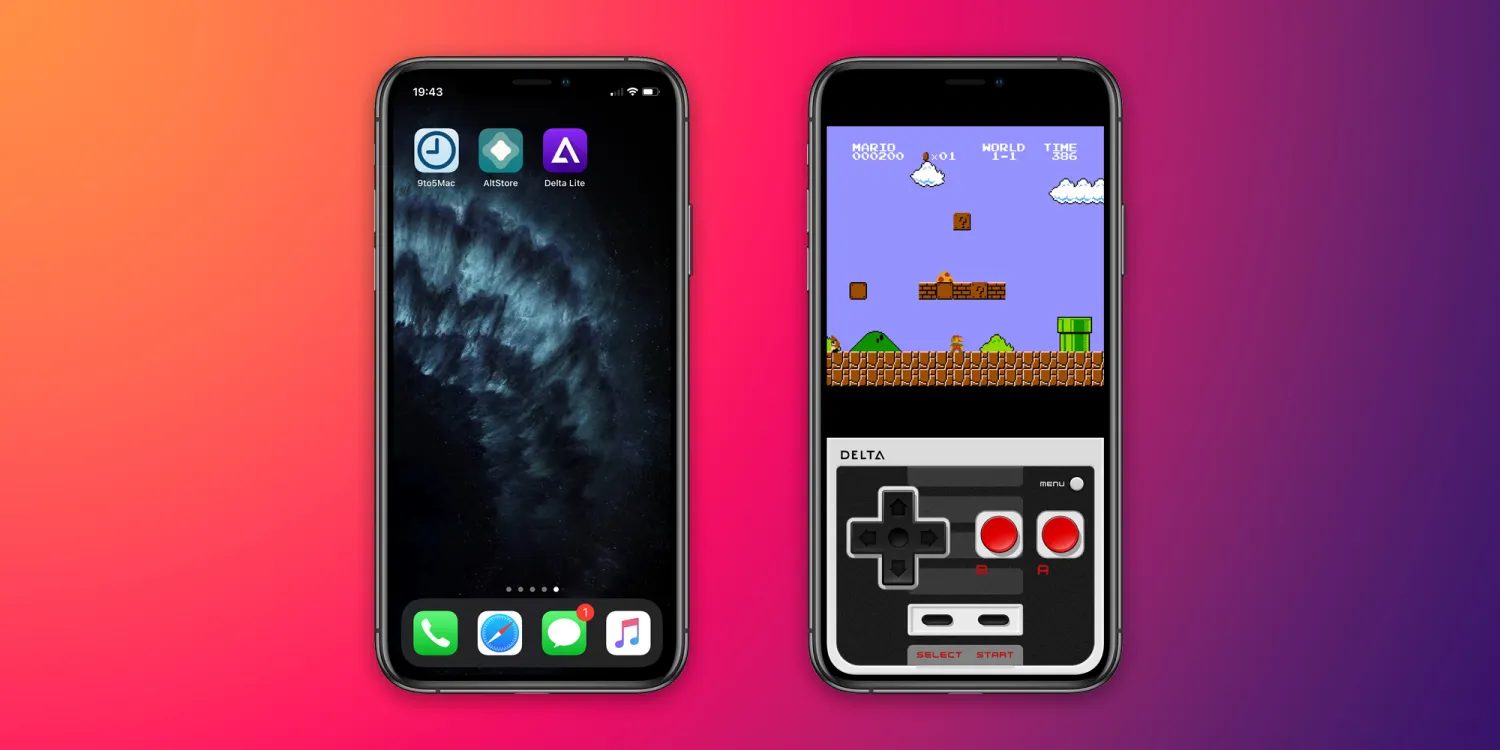
MCX Retailers Risk Fines for Accepting Rival Payments Such as Apple Pay: NYT [u]
By now we have all heard about U.S. drug store chains CVS and Rite Aid disabling NFC point-of-sale terminals to thwart mobile payment solutions Apple Pay and Google Wallet (which has in turn iOS and Android users now working together).
Why? Because they are part of the MCX group, a consortium of large retailers such as Walmart, Best Buy, Target and more that plan to launch their own payment system called CurrentC in 2015.

The New York Times now reveals MCX partners are bound to their contracts which state they must not accept rival mobile payment systems or face “steep fines”—hence Rite Aid and CVS disabling their NFC terminals to cut out Apple Pay and Google Wallet:
The problem is that under the terms of their MCX contractual agreement, they are not supposed to accept competing mobile payments products like Apple Pay, according to multiple retailers involved with MCX, who spoke on the condition of anonymity. If these retailers break their contracts, they will face steep fines for doing so, these people said.
The MCX mobile payment solution, CurrentC, would be tied to a users’ bank account and require scanning a QR code from a downloadable app to make a payment. The purpose of CurrentC is to allow large retailers to bypass fees charged by credit card companies which are eating into already low margins. But more importantly, CurrentC would allow retailers have access to customer shopping data, previously held by credit card companies:
CurrentC would also give retailers the ability to track shopping habits across the dozens of stores that belong to MCX, a data set that has traditionally been held by credit card companies, not merchants. If retailers had access to this data, it could be used to deliver relevant deals and loyalty points to consumers, which could increase these companies’ bottom lines.
Payment systems such as Apple Pay use one-time codes when making transactions, which allows user credit card data to stay safe and anonymous. Should a retailer’s system get breached by hackers, those using Apple Pay to make purchases would remain safe, versus vulnerable plastic credit cards. Oh and CurrentC? It’s tied directly to your bank account, so customers would be at the mercy of trusting their info with retailers.
Apple Pay has already surpassed 1 million registered credit cards in its first 72 hours, making it the leading mobile payments system in the U.S., according to credit card companies.
The problem with CurrentC is partners signed onto the service years ago, before Apple Pay or other mobile payments were even in the picture. For the MCX group of retailers, they’ve gone all in on with their archaic QR code-based payment system, despite more safer tokenization-based NFC payment solutions such as Apple Pay and Google Wallet.
CurrentC looks like it’ll be DOA. I can’t imagine people wanting to tie their bank accounts to an app for making payments. The risk is just too great.
Update: CurrentC got hacked and emails stolen. MCX also says companies are free to leave without fines, but when working with MCX, “they choose to do so exclusively.”


